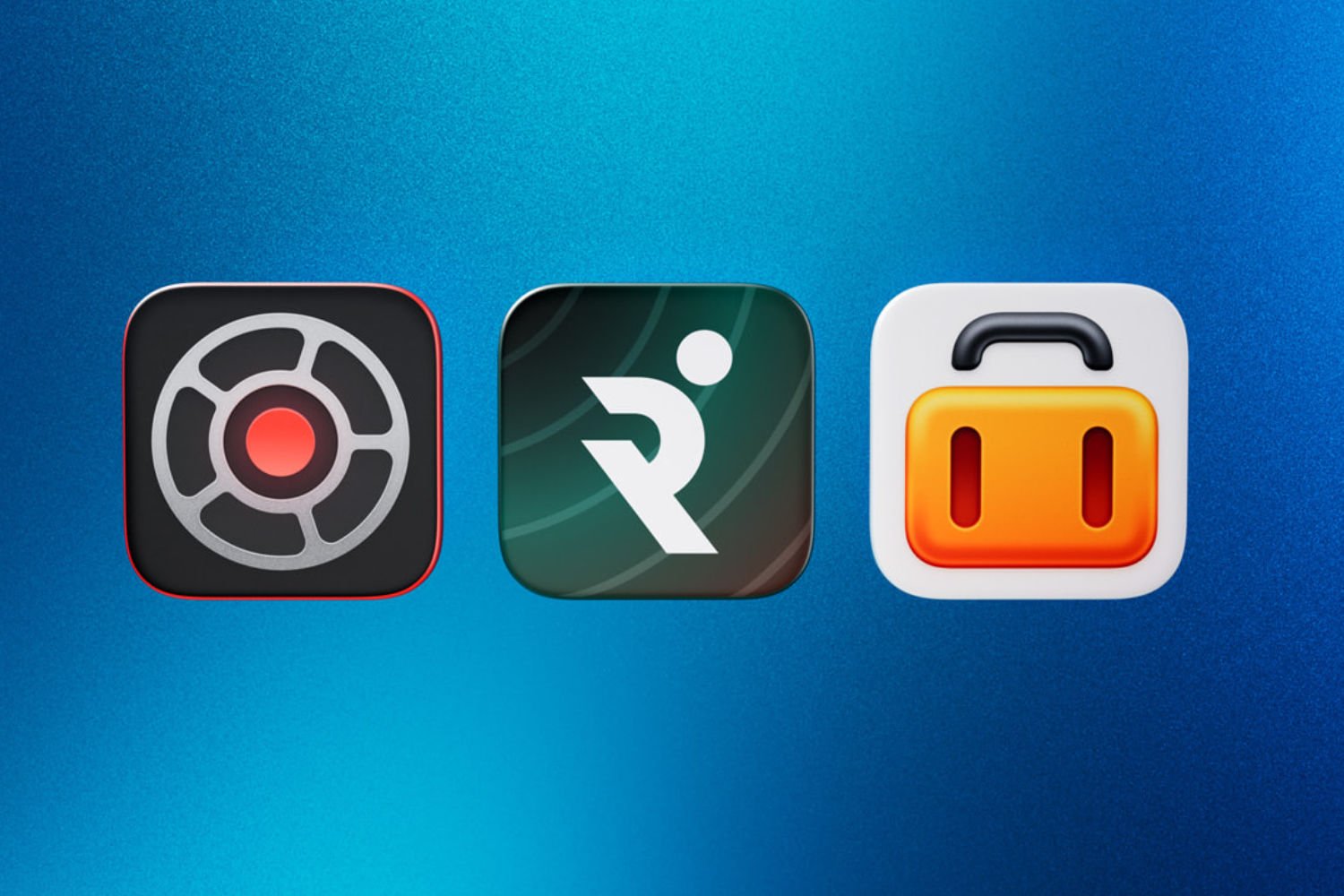Alison Andrews, 70, recalls her great-aunt telling her about walking home over the hills after a dance as a young woman, deep in the Cotswolds with no light pollution.
‘She heard a fizzing, buzzing sound, and then the sky lit up all around her,’ she told Metro.
Immediately fascinated by the Northern Lights, 60 years later Alison finally experienced them herself from her home in Gloucestershire.
It wasn’t as she had expected, because they were silent.
Many seeing the aurora have been surprised for the opposite reason, though wondering why they can hear static or raindrops falling when the sky is clear.
For decades, the idea of the Northern Lights making a sound was dismissed as superstition or a psycho-acoustic illusion, but scientists are increasingly convinced it is a real phenomenon.
People describe similar noises: static, leaves rustling, or rain when the skies are clear.
Anika Dhanda, a business analyst from Hillingdon in London, said she could ‘feel’ the lights in May and October. The closest way she can describe it is ‘like clicky rain’.
‘It’s just this gut feeling, like butterflies,’ the mum-of-two, 35, told Metro.
Business administrator Jade Wilson, from Wales, even thinks she could have captured the sound on video.
The mum-of-one, 25, took the below footage of the lights from her back garden in isolated rural Pembrokeshire after midnight on October 11, and was surprised to hear what sound like ‘rain falling’ while watching it back.
An attempt to measure the sounds in the 1960s failed to record anything, but over the last 20 years the Auroral Acoustics programme in Finland had success.
Now that there is more acceptance that the Northern Lights could make a sound, the big question for scientists is why.
Unto K. Laine, the Aalto University professor who was a key part of the collaborative research, recently published a theory arguing that the noise people hear is caused by electrical discharge sounds created at 70m to 100 m above the ground.

After his team recorded whistling and crackling in the night sky from the village of Fiskar in Finland, they concluded that ‘auroral sounds are produced with a separate process from the auroral light production.
‘However, both have the same geomagnetic background causing synchronism between these phenomena.’
Space weather scientist Mike Hapgood told Metro he thought it was very possible that the lights could make a sound discernible to humans, and could even potentially be heard in the UK.
However, the area is still not well understood, because there is not much practical or profitable use for research into it – even if it would give answers to something which has enthralled humans for millennia.
‘It’s kind of peripheral to the physics that we do,’ Dr Hapgood explained, though he personally found it interesting and thought it could make a good subject for citizen science research.
With strong auroral activity having the potential to disrupt satellites and electrical systems on earth, research efforts have focused more on what we can do to protect critical infrastructure.


But even if it hasn’t been the subject of reams of research papers, the rest of us are gripped.
Thousands have joined Facebook groups about the lights in the UK, with the popularity of smartphones now making it possible for anyone to take and share photos.
We asked members of UK Aurora Updates if they had ever heard sounds from the Northern Lights, not expecting a large response so far from the Arctic Circle.
Dozens of people replied saying that they had heard them.
Dawn Haslen, a cardiac nurse specialist, saw the lights in Gosfield, Essex, on May 10.
The mum-of-three, 50, described a ‘surreal’ and emotional experience hearing what sounded like rain for a minute and a half, though the sky was clear.
‘I said to my mum “The world’s coming to an end”, with the spookiness of it being pitch black, in the middle of a field, standing under a tree looking at these weird lights and hearing “drip drop” of rain. It was like nothing I’ve ever seen or heard before.’
One person who responded described a sound ‘like electricity pylons but fainter’, and others told how wild animals seemed to respond to the lights by becoming noisier when they appeared.

In most accounts the sounds are synchronised with the lights, meaning they are unlikely to come from the aurora itself as sound travels much more slowly than light.
Laine’s theory is that sounds occur when there is an ‘inversion layer’ in the atmosphere of warm air above a layer of colder air, which often occurs at night. Negative ions carried up by the warm air interact with positive ions falling down from the geomagnetic storm and crackling sounds are generated with electrical discharge.
Some who responded to our question about the sound of the lights said they were autistic and sensitive to sounds in general.
Marcelle Porteous said: ‘I heard the crackling and I had to check it wasn’t raining the other side of the house because it was weird and I thought I was imagining it. My son’s autistic and he heard it too.’
She saw the lights from their garden in the Birmingham suburb of Kings Heath, and said the sound was only there for a short time.
‘My sensory differences are mainly around touch and sound, so I am often the first to notice or hear something and I’m easily annoyed by a sound especially repetitive or unexpected sounds,’ she said.
‘This wasn’t annoying though. Just different. I felt absolutely no movement, zero wind; it felt like the air was more dense somehow. Quite comforting in a way.’
The sun is still at the solar maximum, its peak of activity during an 11-year cycle, so there could soon be more beautiful displays of the lights to come.
If you see them and it’s a quiet night, try listening, too.
Get in touch with our news team by emailing us at [email protected].
For more stories like this, check our news page.
MORE: Major incident declared with more than 100 areas still at risk of flooding during Storm Bert
MORE: Astronauts met with mystery foul odour after spacecraft docks at space station
MORE: Map shows where 361 flood warning are in place across UK today










